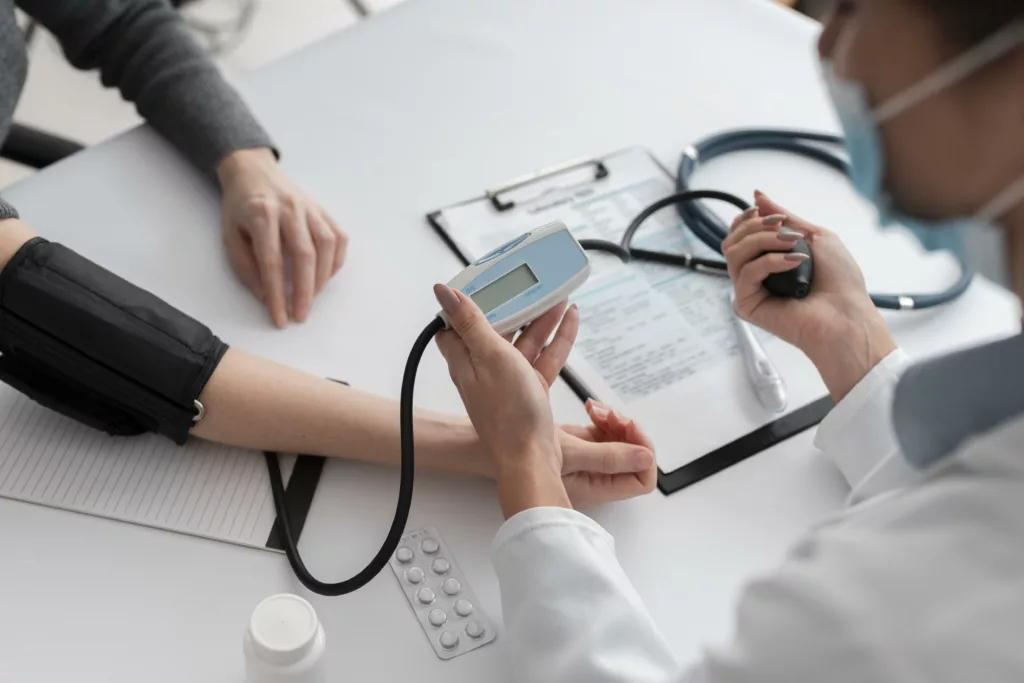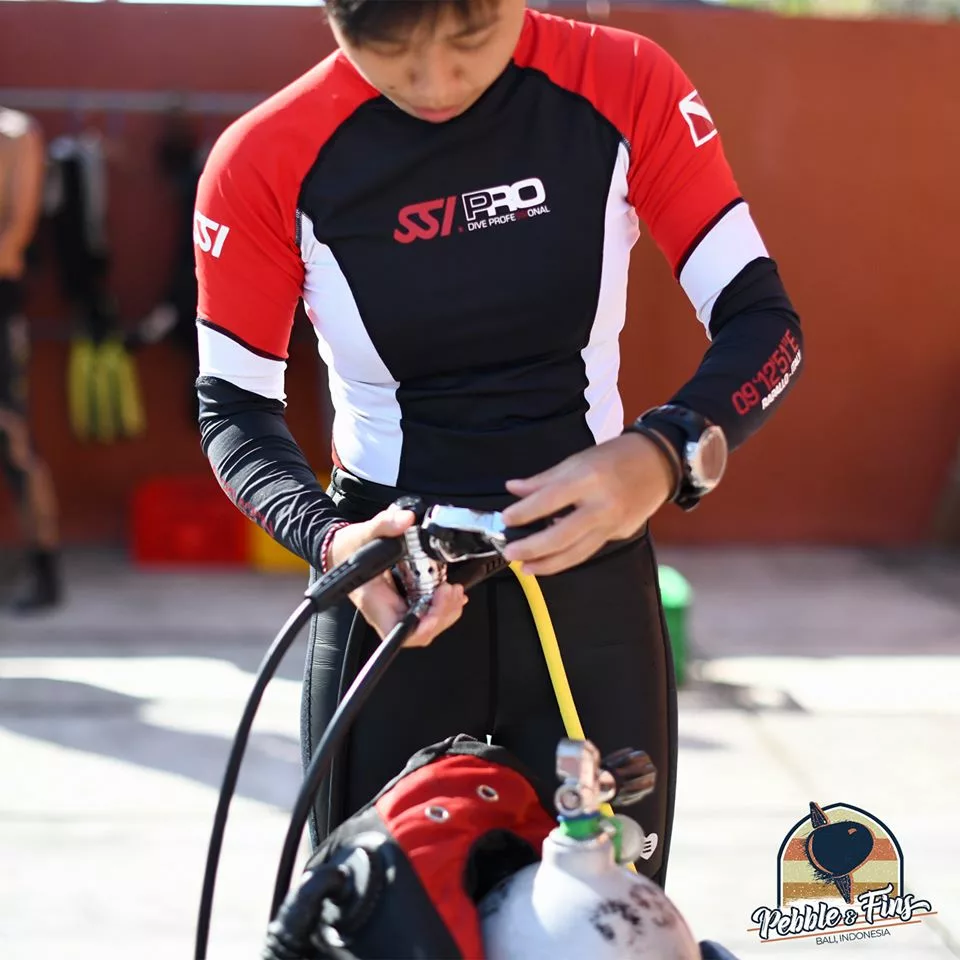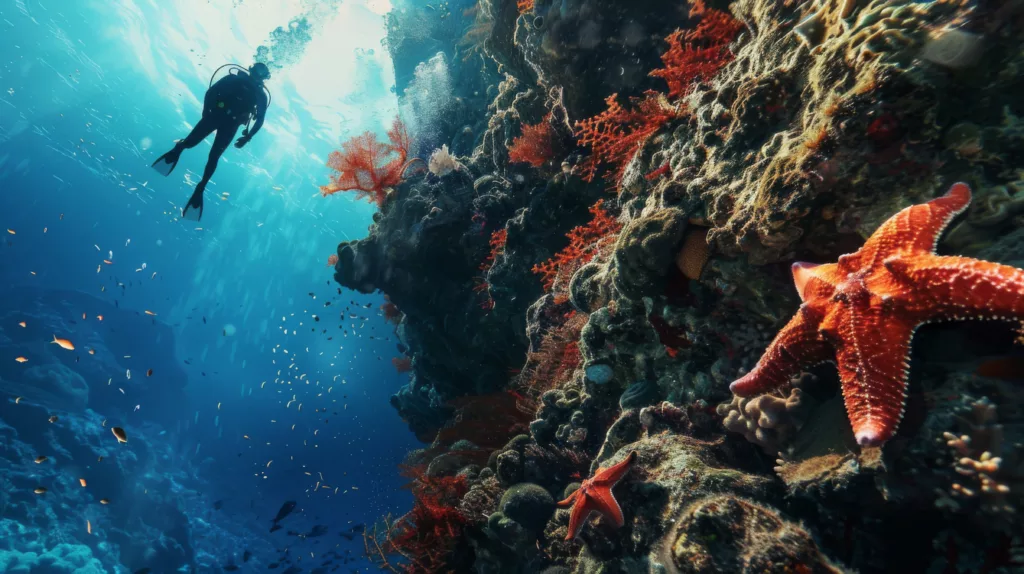Scuba diving is an exhilarating way to explore the underwater wonders of our planet. Whether you’re diving in Bali or elsewhere in the world, the allure of the deep sea is irresistible for many. However, just as important as the dive itself is knowing what to do—and what not to do—once you surface. In this comprehensive guide, we’ll outline the crucial post-dive dos and don’ts to ensure you stay safe, healthy, and ready for your next underwater adventure.
Do: Hydrate Immediately

After an exciting dive, it’s very important to start rehydrating right away. Scuba diving, although it happens underwater, can be incredibly dehydrating. Your body loses a lot of fluids during a dive due to the increased breathing rate and through sweat. Dehydration can lead to serious complications such as decompression sickness, commonly known as ‘the bends.’ Drinking water post-dive helps to counteract this and flushes nitrogen out of your system faster, reducing your risk. Keep a bottle of water handy and sip continuously throughout the day after your dive.
Don’t: Fly Immediately After Diving
One of the golden rules of scuba diving is to avoid flying directly after completing a dive. The change in altitude combined with reduced cabin pressure can lead to nitrogen bubbles forming in your bloodstream. This is a recipe for decompression sickness. Experts recommend a safety window of 18 to 24 hours before boarding a flight after your last dive. This safety precaution is especially crucial when diving in exotic locations like Bali, where exhilarating dive sites are often far from your home destination. Plan your travel schedules accordingly to ensure you’re giving your body ample time to adjust and decompress naturally.
Do: Monitor Your Health

Post-dive, it’s crucial to continue monitoring your health for potential late-onset symptoms of decompression sickness or any other dive-related ailments. Pay close attention to your body—signs like unusual fatigue, joint pain, dizziness, or skin rashes require immediate medical attention. Use a dive log to note how you feel at intervals after the dive, which can be essential information for healthcare providers if issues arise. It’s not just about enjoying Indonesia’s spectacular dive sites; it’s about ensuring you’re fit for many more underwater adventures to come.
Don’t: Engage in Strenuous Activities
After your dive, it’s important to avoid any demanding physical activities. This includes intense exercise, heavy lifting, or anything that increases your heart rate significantly. Activities that increase physical strain can facilitate the formation of nitrogen bubbles in your bloodstream, elevating your risk of decompression sickness. Instead, opt for low-intensity activities like a stroll along Bali’s beautiful beaches or a leisurely swim in the pool. Enjoy the tranquil beauty of Indonesia’s coastal areas in a relaxed state that allows your body to recuperate from the dive.
Do: Review and Clean Your Gear

Proper maintenance of diving gear is essential for ensuring a safe and enjoyable underwater experience. After your dive, promptly rinse all your equipment with fresh water to remove the salt, sand, and any other residue. This practice extends the lifespan of your gear and ensures it will function correctly for your next dive.
Check items like your mask, fins, snorkel, and regulator for any signs of wear and tear. Preparing your gear for your next dive not only keeps your equipment in prime condition but also heightens your anticipation for future underwater adventures. For those diving in Bali, make sure to store your gear in a cool, dry place to prevent any mold or bacterial growth due to the tropical climate.
Surface with Confidence
By adhering to these five life-saving dos and don’ts, you can maximize the safety and enjoyment of your diving experiences. Remember, hydration, health monitoring, and gear maintenance are just as important as avoiding air travel and strenuous activities post-dive. Whether you’re exploring the must-visit dive sites in Bali or other exotic locations, these tips will help you stay safe and ready for your next underwater adventure. Enjoy the vibrant marine life, the thrill of diving, and most importantly, surface with confidence knowing you’re taking the right steps to protect your health and gear.


I totally agree with the post. As a scuba diving enthusiast, I always make sure to follow these dos and don’ts after every dive. It’s crucial for our safety and well-being.
Hi Aisha, thanks for sharing your thoughts on our post! We’re thrilled to hear that you follow the dos and don’ts after every dive. At Pebble and Fins, we believe it’s crucial for both safety and well-being, especially when diving in exotic locations like Bali. If you have any questions or concerns about our resort or would like to learn more about our training facilities, please feel free to reach out to us at [email protected] or call +62 857 3891 8262. We’d be happy to help. Enjoy your next dive and stay safe!
I’m glad this post highlighted the importance of gear maintenance. I’ve had my share of issues with equipment failure, but since I started taking care of it properly, I haven’t had any problems.
Thank you for sharing your experience, Kumar! We’re glad to hear that taking proper care of your gear has made a positive impact. At our resort in Bali, we’re committed to providing the best possible diving experiences while also prioritizing safety and sustainability. Our dedicated training facilities are designed to help our local staff and guests develop the skills they need to enjoy diving responsibly. We appreciate your input and look forward to welcoming you to our resort again soon. If you have any further questions or would like to learn more about our dive packages, please don’t hesitate to contact us at [email protected] or +62 857 3891 8262.
I’m a beginner in scuba diving and this post has been super helpful. I never knew that hydration was so crucial after a dive, but now I’ll make sure to drink plenty of water.
Hi Nurul Ain, thank you for reaching out and sharing your thoughts! We’re thrilled to hear that our post has been helpful in your scuba diving journey. It’s great that you’re taking the importance of hydration after a dive seriously – it’s crucial for both safety and comfort during your dives. If you have any more questions or concerns, please don’t hesitate to reach out to us at [email protected] or +62 857 3891 8262. We’d be happy to assist you further. Keep exploring the underwater world with confidence!